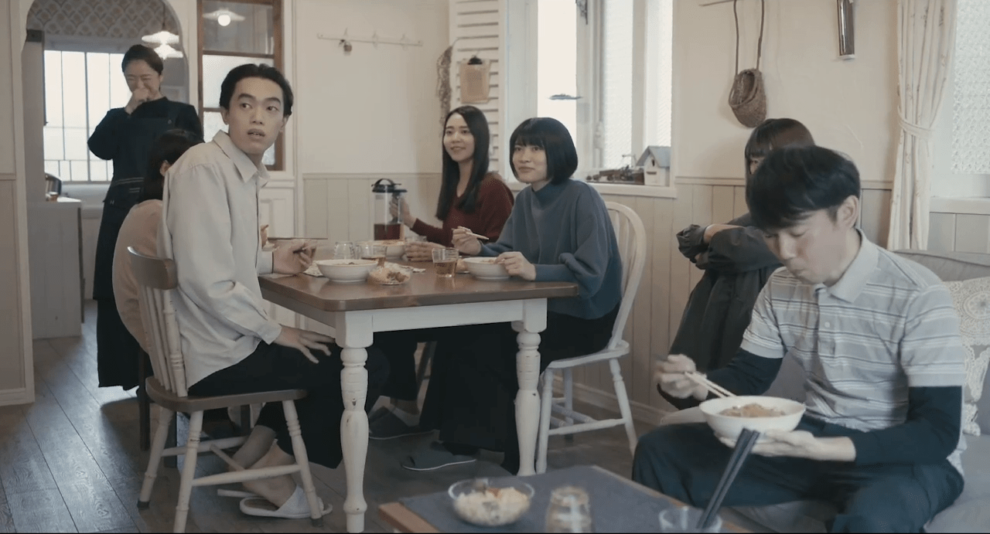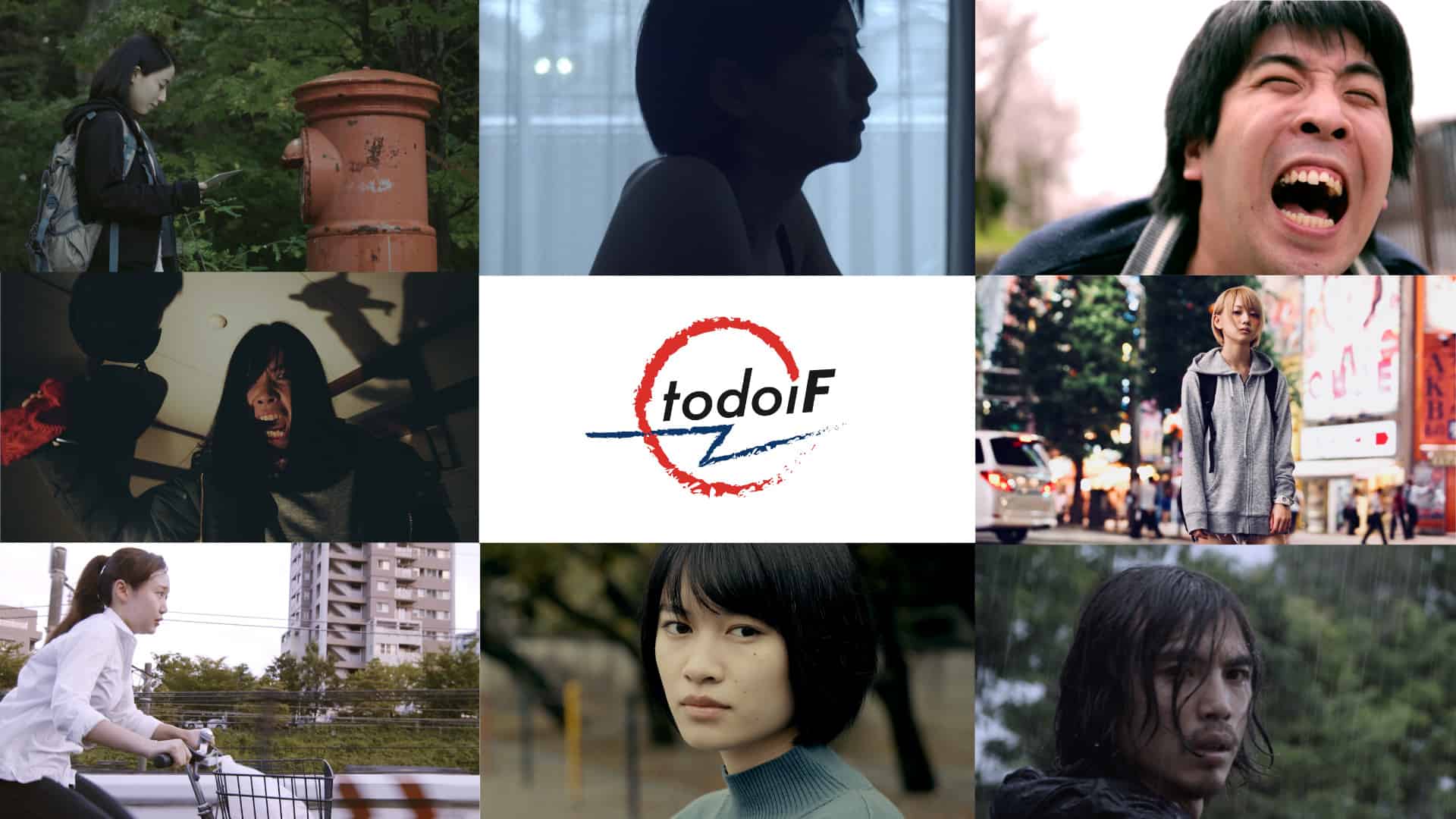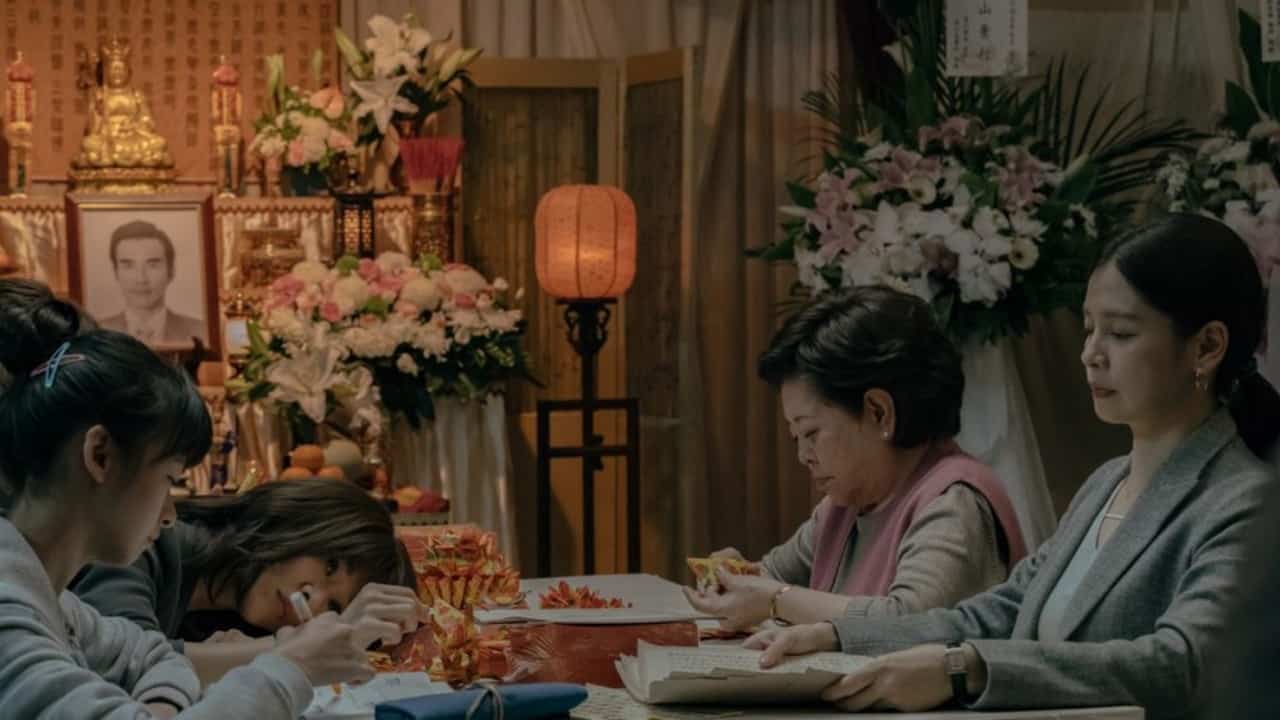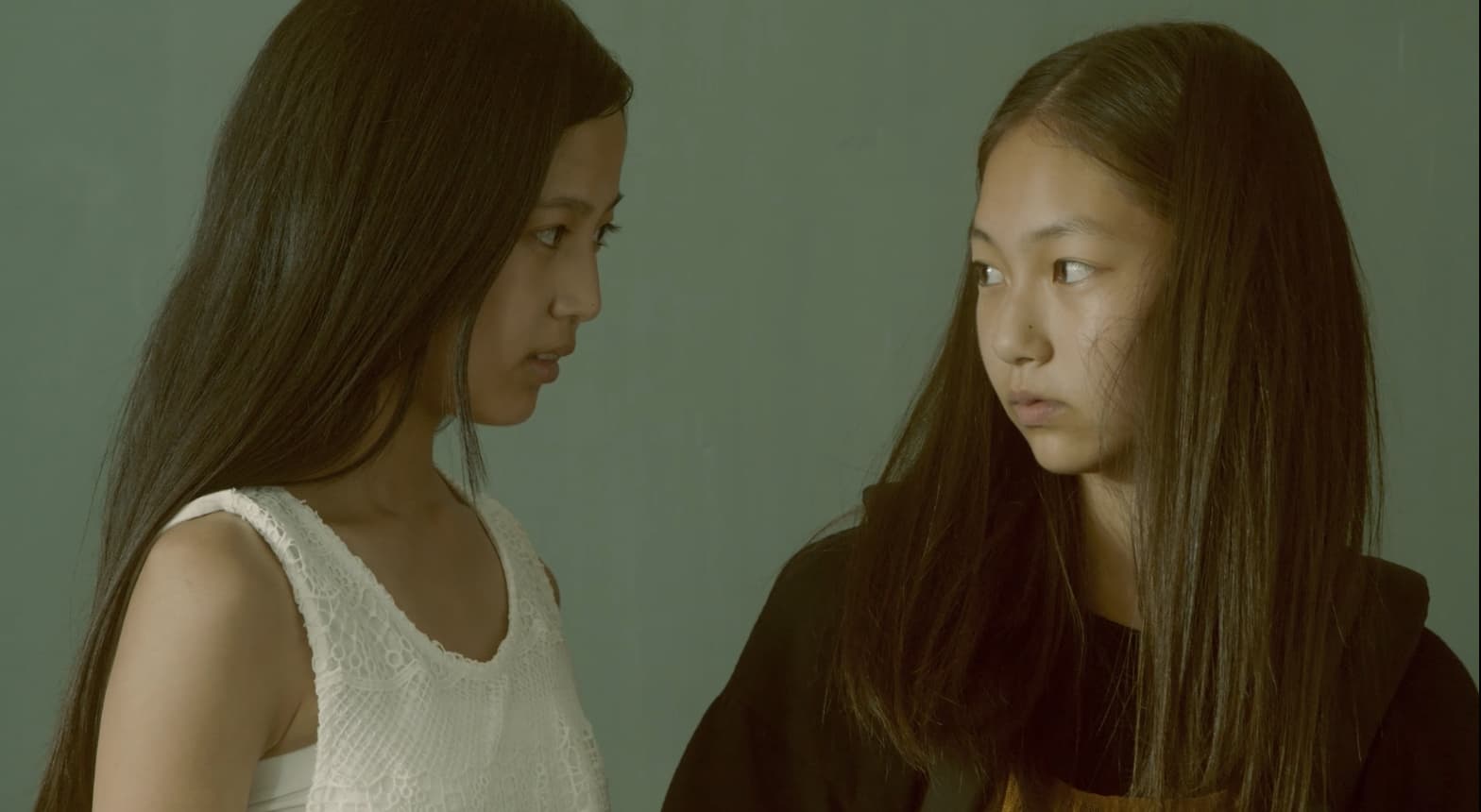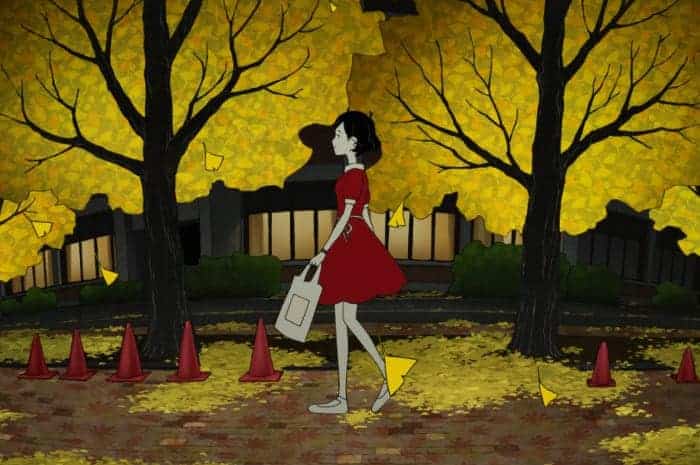Child abuse is a topic that both society and cinema have been dealing more intently with during the last decade, with Japanese filmmakers in particular being especially pointed in their remarks, in films like “Sunk Into the Womb” for example. Keiichiro Sawa, however, focuses on an extension of this issue, by presenting the blights children who have suffered from abuse face when they grow up.
Resident of Alice is streaming on TodoiF
Tsugumi was sexually abused by her father as a child, and is gripped by regret and trauma for not telling her mother. Among the repercussions of her abuse is that she also suffers from “Alice in Wonderland Syndrome” a rare neurological disorder characterized by distortions of visual perception, the body image, and the experience of time. It is during one of this crises that she stumbles upon Kenji, a young man who has just started working in a hotel, who helps her and is eventually led to her “house”, a foster home where other girls who have faced similar situations are living in, under the care of a couple whom everyone calls “mother” and “father”. As Tsugumi and Kenji come closer, her past becomes even more of a problem, while the situation in the house is revealed as much more complicated than anyone thought.
Keiichiro Sawa sheds a rather realistic light on the consequences of domestic abuse, by highlighting the concept in three different versions, each one mirrored in the girls in the guest house. And although Sara's situation is probably the worst, the neglect Rico had to face from her mother and the raging alcoholic father the third does, is by no means less impactful, particularly since it led all of them to abandon their house to live in the foster home. That the consequences of abuse carry on forever is another aspect of the issue presented, with the lack of social skills and the ability to connect to others in general presented rather eloquently, particularly through Tsugumi, who seems to like Kenji, but does not know how to proceed in exhibiting her feelings or carrying on with the relationship. Furthermore, the grief that characterizes the girls and the inability to forget are presented as interconnecting elements, essentially the ones that prevent them from moving forward.
On the other hand, the house and the way the people living there have managed to become a family sheds a light of hope, that if one finds the “appropriate” people, one can at least get some sort of harmony and companionship, in an aspect that also shows that families are not only formed by people who share the same blood. Kenji's presence also adds to this sense of hope, although the film is by no means entirely optimistic, the opposite actually, despite the positive ending.
Sawa's direction is excellent, both in the highlighting of the issue, and in two very clever narrative tools he implements throughout the film. The first one is the presence of Kenji, whose ignorance about what is going on in the house and who are the people living in it, along with his surprise for Tsugumi's ways, perfectly mirrors the sentiments of the viewer of the movie, in a “trick” that essentially has the audience feeling as part of the movie. Tanri is excellent in the part, especially in the way he communicates his perplexity. The second is a recurring image of a man chewing something (probably a lemon) which appears on screen as part of Tsugumi's thoughts, and induces the narrative with a sense of horror that works quite well in terms of entertainment. Furthermore, the narration, again by Tsugumi, also adds to the overall aesthetics, while the gradual revelation of the situation and the single plot twist add even more depth and appeal to the story.
In that fashion, the editing of the movie emerges as one of its best traits, essentially moving beyond the repetitive aesthetics of the Japanese indie drama (with the exception of the final scene at the beach), with the same applying to Rinka Kashimoto's performance as Tsugumi, who is astonishing in communicating her inner turmoil through a mostly calm facade.
“Resident of Alice” is a true gem of a film, and one of the most interesting Japanese indie dramas we have seen this year.


